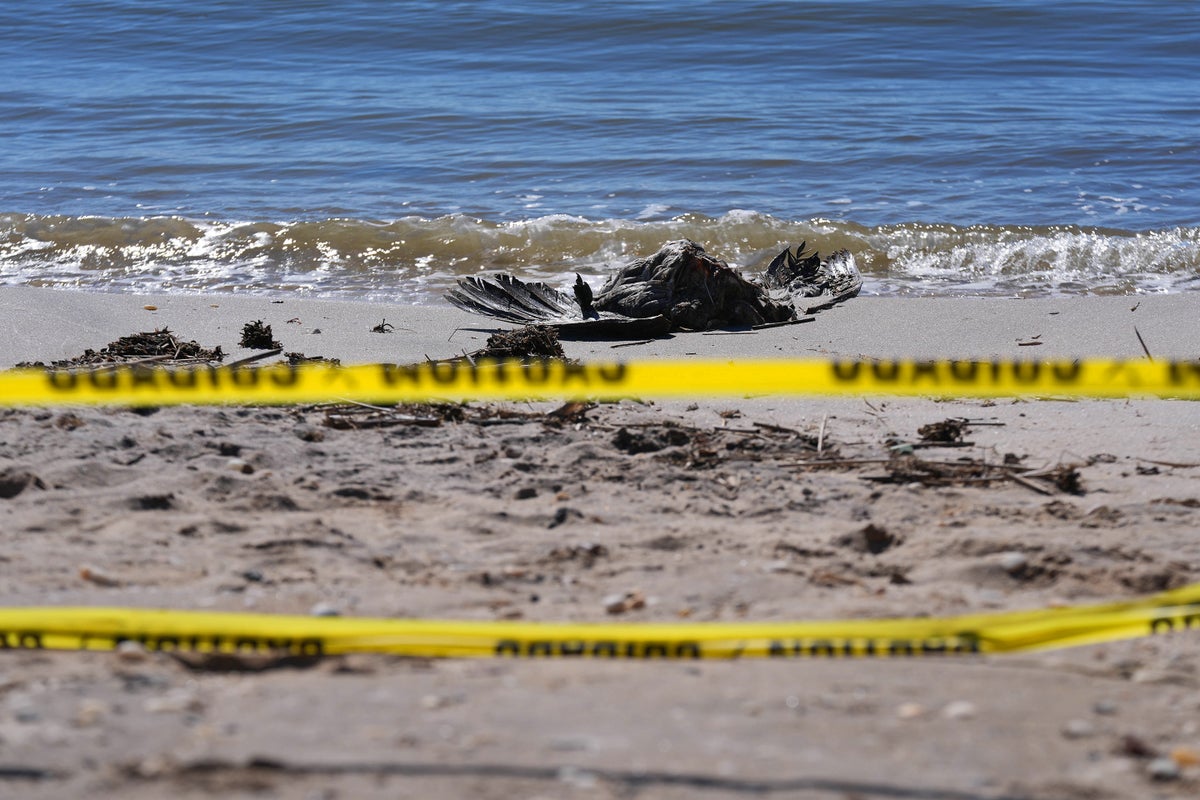
"To protect the people of Massachusetts from deadly bird flu in the U.S., the state's health director, Robert Goldstein, is relying on an artificial intelligence platform that reads newspapers for outbreak information. It also searches for signals of outbreaks of other deadly diseases, such as Ebola, that are farther away. Those data used to come from the World Health Organization (WHO) and the U.S. Centers for Disease Control and Prevention."
"The AI platform in Massachusetts, called BEACON, scans news reports in local languages along with open-source data from around the world, searching for early signs of looming disease threats. Public health experts applaud the inventiveness but worry the tracking efforts such as this will not be fast or complete enough to keep Americans safe. The Trump administration has effectively cut off disease control expertise that used to come from the CDC and WHO."
"We relied on that data to inform public health responses down to our local counties, says Vidhya Prakash, associate dean of clinical affairs and population health at the Southern Illinois University School of Medicine. Like Massachusetts, Illinois and several other states are now cobbling together their own surveillance networks. Prakash says that it's up to these local efforts to manage whatever comes our way, from bird flu to [mpox] and even annual influenza."
Massachusetts health director Robert Goldstein relies on an artificial intelligence platform that reads newspapers and open-source data worldwide to detect early signs of bird flu and other deadly diseases like Ebola. The platform, BEACON, scans news reports in local languages and searches for outbreak signals beyond traditional sources. Federal contributions from the World Health Organization and the U.S. Centers for Disease Control and Prevention have dwindled after U.S. policy changes and staffing cuts, creating large surveillance gaps. States such as Illinois are building their own networks to protect ports of entry like Chicago’s O’Hare and to manage threats ranging from bird flu to Lassa fever and seasonal influenza.
Read at www.scientificamerican.com
Unable to calculate read time
Collection
[
|
...
]